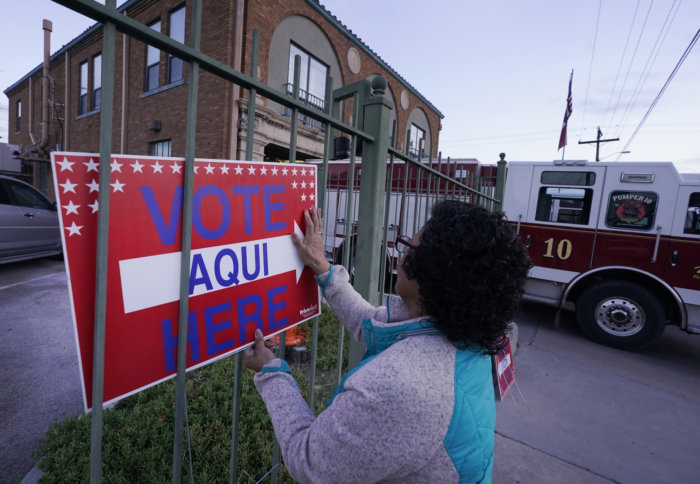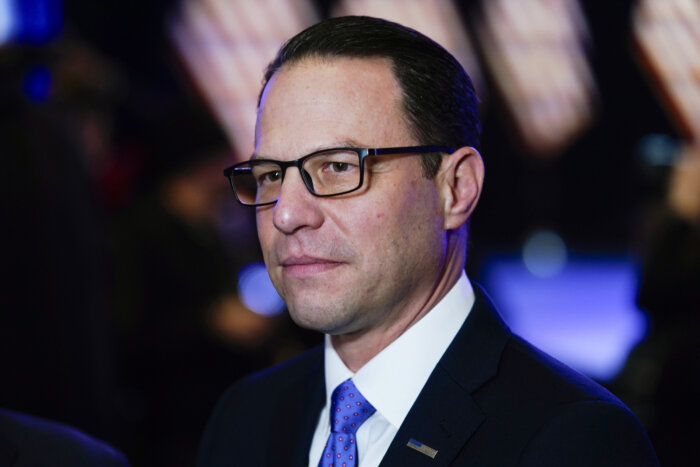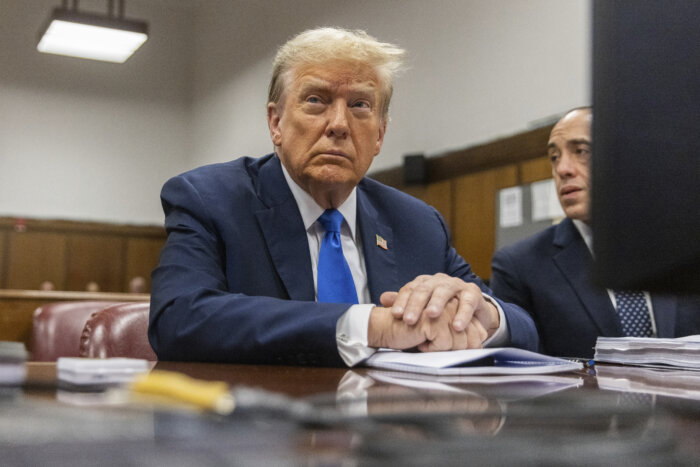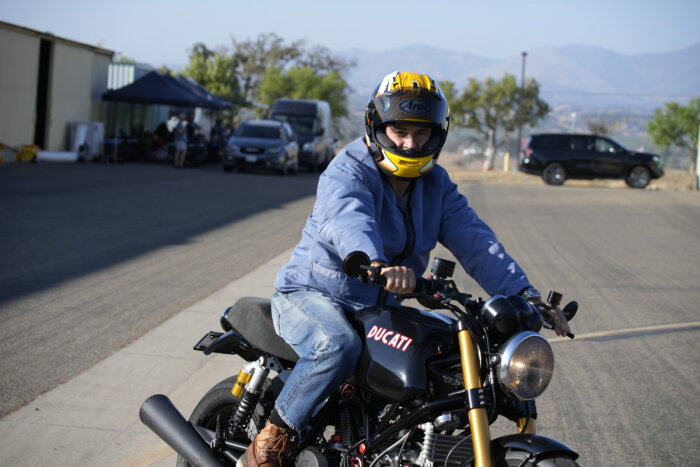
Music is a universal language.
That’s the key component to the Philly nonprofit group Beyond the Bars. The organization, based in West Philadelphia, serves local youth who have been impacted by violence. That description can encompass many diverse situations, but the group’s solution is always the same—music.
“Music is paramount, nonverbal communication,” said Betsaleel Charmelus, Beyond the Bars Program Director. “A lot of times we don’t have the words to express how we’re feeling if we’re going through something. With music, it gives you a space to communicate without using words.”
Beyond the Bars was created a little over five years ago to help incarcerated youth through music therapy. It has since evolved to help other local children and teenagers in need outside of incarceration. Currently, Beyond the Bars offers seven different programs and works with approximately 60 students per week. The programs are open to anyone middle-school or high-school-aged.
“We’re a music program for youth who have been impacted by violence or incarceration—or— that’s a big or. We have students who come from all different kinds of backgrounds,” said Matthew Kerr, Co-Executive Director. “The program started out as a music program in jail, basically. We taught incredibly talented young people who would use music to figure out the people they wanted to be.
“We were consistently having our hearts broken where we would teach these amazing, young people who were looking at 20 years,” he continued. “So while we still do that program, we expanded it to different community-based music programs for youth who don’t have access to music programs.”
There are currently seven specific programs offered under the umbrella of two main categories—a student-driven music academy and a practical producer program.
The student-driven music academy allows students to learn how to play instruments— drums, guitar, bass, piano and more— and form bands. Everything is based around songwriting and original music. Through practical producer programs, students can learn how to write and produce their own music from professional audio engineers.
“Within both of those programs, we have a career planning component,” explained Kerr. “The way we view music is a form of self-expression. First off, being able to express your emotions in a positive, healthy way. Dealing with things that are going on in life.
“We don’t care if they pursue music or not. We care about them pursuing the life they want,” he added. “With that, we have career planning. We set up informational interviews with professionals in different industries that our students have identified as an interest to them.”
Currently, Beyond the Bars has several interviews planned for engineers, singer-songwriters and a business owner to allow their students to explore potential opportunities they might like to pursue in the future.
“Music isn’t necessarily a next step for me. I’m interested in architecture and behind that, photography. But music is something I really wanted to get into,” said Errol B., 18, who plays piano and also a little guitar. “And after being here, I don’t think that I could ever get away from music. It’ll always be something that’s in my head. I’ll always have that urge to play.”
Since the program’s inception, Beyond the Bars has taught more than 350 students. There are currently more than 30 volunteers who teach, serve on its board and help plan programs. Kerr said one of the most exciting things he’s witnessed is when former students come back and volunteer as teachers, bringing the program full circle.
In addition to their programs offered to local youth throughout Philadelphia, Beyond the Bars continues to help those currently in prison. They are able to host their producer programs at Riverside Correctional Facility in Northeast Philadelphia weekly. Beyond the Bars has been named Philadelphia Prison Program of the Year and is also currently working with the District Attorney’s Office of Philadelphia to become a diversion program.
“Students come in, they learn how to write songs on the keyboard, or they learn some basic songwriting theory and also have access to computers,” Kerr explained. “It’s a similar program, but we keep the numbers very small there, because we want to have spaces where people can be really vulnerable in a place that demands them not to be vulnerable. We try to basically create a space where our youth can be youth in a system that’s trying very hard not to let them be.
“What is so tough about our program in jail is the incarceration system tries to take so many of our young people away,” he continued. “Not just the incarceration system, but the system that we live in in Philadelphia. We have young people growing up in the system who don’t have access to the support they need, while they’re being consistently exposed to violence that happens from a shortage of resources.”
Many of the students currently enrolled in Beyond the Bars’ programs do not have access to music programs in their own schools. The School District of Philadelphia underwent severe cuts to its music and arts programs years ago, and never fully recovered. For many students enrolled in Beyond the Bars, this is their first experience participating in a legitimate music program.
“It was nice to be around other people who want to be musical because in my school, we didn’t have music programs. And a lot of kids didn’t care to play instruments,” said Xadyah H., 18, who has participated in the Beyond the Bars music program for four years. “It’s really fun to be here. I made a lot of friends. It’s nice to have friends that are interested in the same things as me.”
According to both Charmelus and Kerr, the camaraderie and community students have built within Beyond the Bars is the heart and soul of the program. When new students first arrive, they are often withdrawn and quiet, but once the group starts playing music together, the entire vibe of the room transforms.
“One of the most powerful things about music is that it can be incredibly individualistic and incredibly communal at the same time. Young people can get out their experiences in a way that feels unique to them, but then by sharing that with other people, it’s a way of just feeling really supported and in unison with them. A band is a community,” said Charmelus. “When we’re here, together in this place, it’s wild to see how many people share experiences and then feel related to. Music is the medium that gets that communication happening.”
For more information about Beyond the Bars, visit beyondthebarsmusic.org.

































